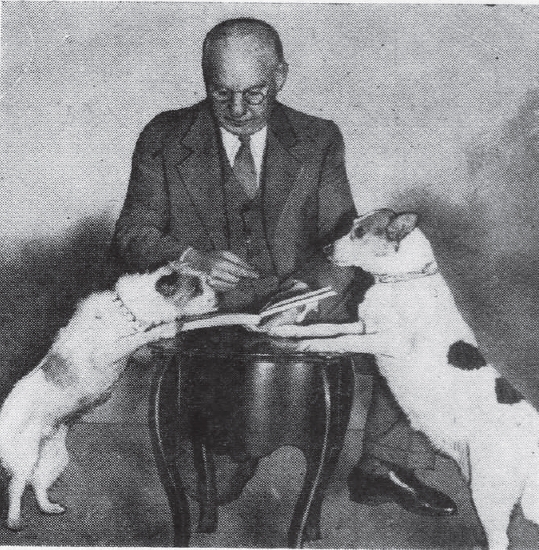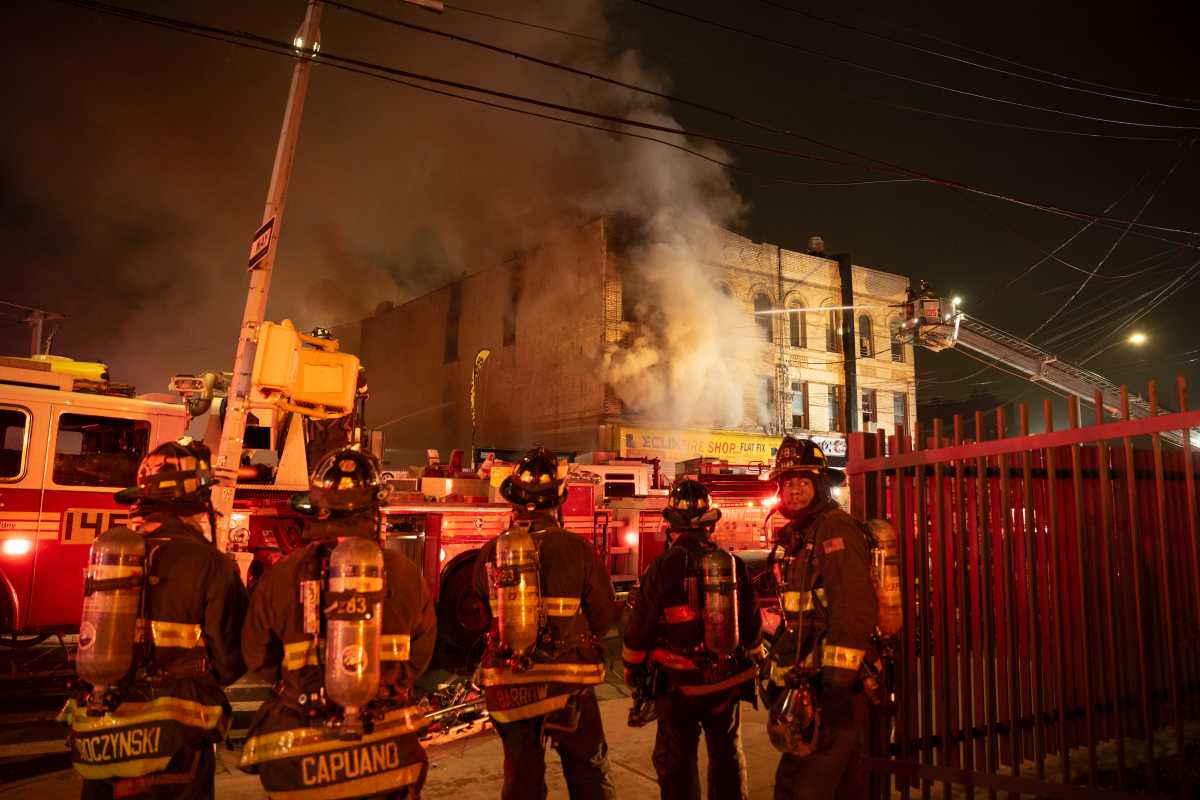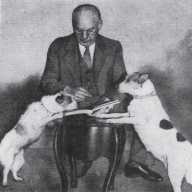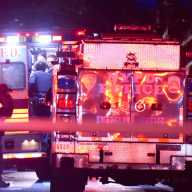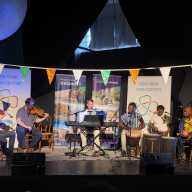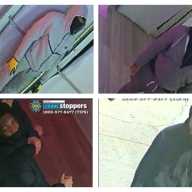By Kate Bobby
In America's heartland, a man with a most unnatural attachment to his mother kills a score of women and dresses himself in their skins. A seemingly sweet and feeble senior is discovered to be the murderer of numerous children in 1920s New York. A 19th century, self-made man builds his own castle of blood and carnage in the center of Chicago more than 100 years ago and today is labeled America's first serial killer.
This is the company Queens College literature professor Harold Schechter keeps, but it's to be expected of this acclaimed writer of true crime accounts.
Dubbed “America's principal chronicler of its greatest psychopathic killers,” by the Boston Review, Schechter counts among his fans esteemed true crime colleague Caleb Carr (author of “The Alienist”). But the best appraisal perhaps comes from the people who regularly buy his books and sing his praises on Amazon.com, the dominant Internet book review site where he's been referred to as the “king of true crime.”
“There have been so many horrendous crimes, far more than most ordinary citizens are aware of, and every once in a while there is one that grips the imagination,” Schechter said. “The ones that resonate with people, those are the crimes that most interest me.”
There was Herman Mudgett, a.k.a. Dr. H.H. Holmes, and the non-fiction star of Schechter's critically acclaimed true crime account “Depraved: The Shocking True Story of America's First Serial Killer.” Holmes, a self-made man of 19th century Chicago, was highly regarded as a man about town only later to be decried as a human monster.
There was also Schechter's book “Deviant,” the story of Ed Gein whose butchery also inspired Robert Bloch to write “Psycho” and in turn inspired film directors Sir Alfred Hitchcock (with the fabled film of the same name) and Tobe Hooper (with “Texas Chainsaw Massacre”) to make Gein immortal on screen.
“When I asked Robert Bloch why people were so fascinated with Gein, he replied, 'Because they've never heard of Albert Fish.'”
And so in “Deranged,” Schechter in also set to paper the story of Albert Fish, serial killer of children in New York of the 1920s.
“I'm often asked why people are fascinated by these repellent crimes and there is the school of thought which purports that everyone has a dark side,” he said, “that we all harbor hidden impulses which would be deemed socially unacceptable by law-abiding citizens and that true crime is our collective way of vicariously experiencing what it would be like to act them out.”
“Certainly true crime is nothing new in popular culture,” continued Schechter, who proceeded to refer to well-known and highly regarded crime accounts such as Truman Capote's “In Cold Blood” and Norman Mailer's “The Executioner's Song.” The author also had high praise for a number of novels including Thomas Harris' big sellers “Red Dragon” and “Silence of the Lambs,” which became major motion pictures.
“Fans of true crime are usually, for the most part, very literate and very interested in psychology. They are also people with a longstanding interest in the subject who have done a lot of reading about it,” said Schechter, who had his own rather straightforward answer as to why he's turned to a life of true crime writing.

